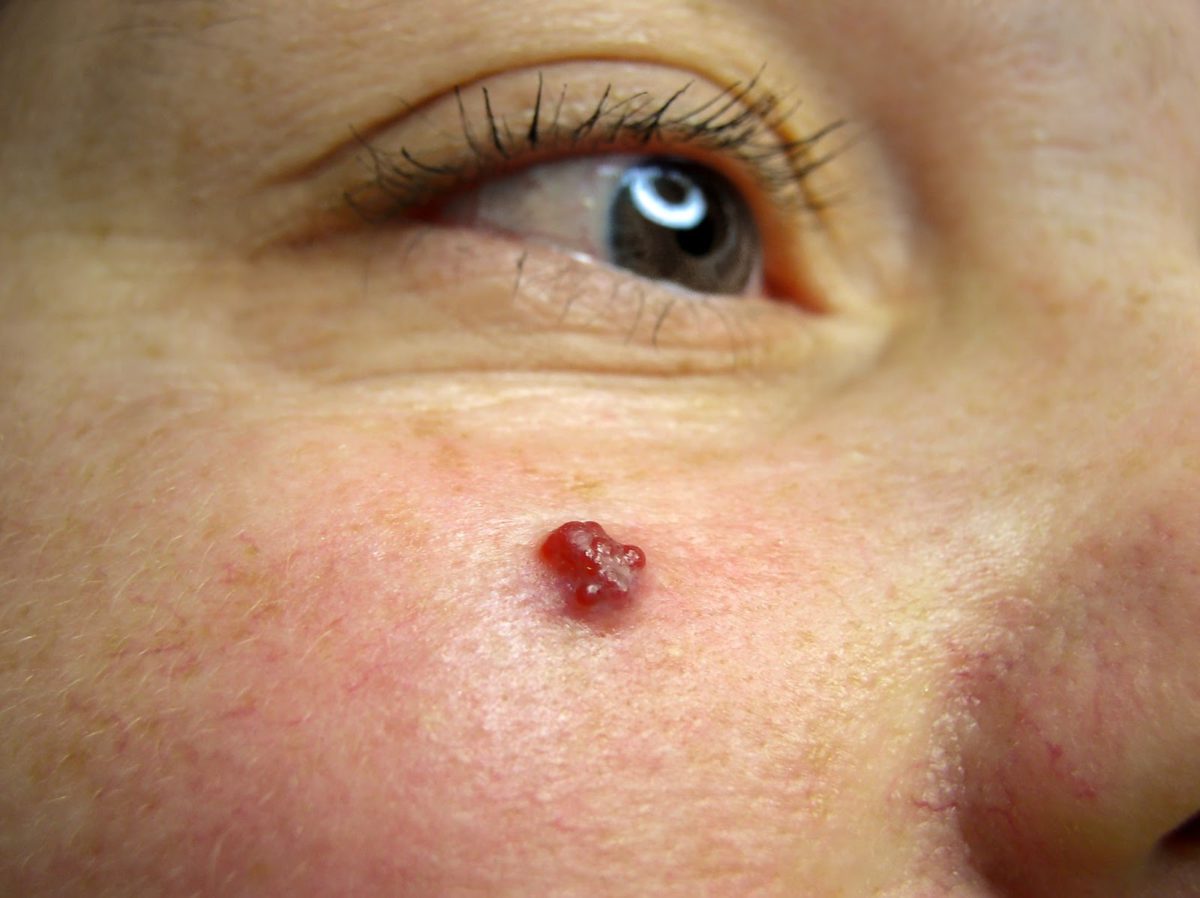Common skin cancer myths [Explained]

Skin cancer is a widespread health issue affecting millions globally, yet many myths and misconceptions still persist. At Elixir @ Hunter skin cancer clinic in Maitland, we focus on educating our patients, offering skin cancer screenings, treatment, and skin rejuvenation services. Let’s debunk some common skin cancer myths:
Myth 1: Skin Cancer Only Affects Fair-Skinned People
A common misconception is that only those with fair skin are at risk of skin cancer. While lighter-skinned individuals are more vulnerable due to lower melanin levels, anyone can develop skin cancer, regardless of skin tone. People with darker skin, though at lower risk, may experience later-stage diagnoses, making regular skin checks essential for everyone.

Myth 2: Skin Cancer is Not a Serious Disease
Some believe skin cancer is less dangerous than other cancers. While basal cell carcinoma and squamous cell carcinoma are highly treatable when caught early, melanoma—the most deadly type—can spread quickly and cause significant fatalities. All types of skin cancer require early detection and treatment for the best outcomes.
Myth 3: Sunscreen is Only Needed on Sunny Days
Many assume sunscreen is only necessary on sunny days. However, UV rays penetrate clouds and reflect off surfaces like water, sand, and snow, making sun protection essential year-round, regardless of weather. Daily use of a broad-spectrum sunscreen with SPF 30 or higher is recommended, with reapplication every two hours or after swimming or sweating.
Myth 4: Skin Cancer Only Affects Older People
While age increases the risk of skin cancer, anyone, including young adults and children, can develop it. The rising use of tanning beds and unprotected sun exposure among younger generations contributes to skin cancer cases in youth. Sun protection and regular skin checks are vital for all ages, especially if there are changes in moles or new skin lesions.
Myth 5: Skin Cancer is Always Caused by Sun Exposure
Though excessive sun exposure is a major risk factor, it’s not the only cause of skin cancer. Genetics also play a role, meaning some individuals may develop skin cancer even with minimal sun exposure. Other UV sources, like tanning beds, also increase the risk. A comprehensive prevention strategy includes sun protection, avoiding tanning beds, and being aware of family history.
Myth 6: Natural Tanning is Safe
Many believe that a “base tan” can protect against skin cancer and sunburn, but any tan signifies skin damage. There’s no such thing as a safe tan. Instead of tanning, people should focus on protecting their skin with sunscreen, wearing protective clothing, and seeking shade. The healthiest approach is to embrace your natural skin tone.
Debunking Myths for Better Awareness
Clearing up these myths is essential for promoting better skin health and reducing the risk of skin cancer. Skin cancer can affect anyone—regardless of age, skin colour, or lifestyle. By understanding the facts and taking preventive measures, we can reduce the risk and improve early detection.
At Elixir Hunter, we are committed to providing accurate information and effective treatments to combat skin cancer. Remember, protecting your skin today can help prevent serious health issues in the future. Stay informed, stay safe, and make your skin a priority.
